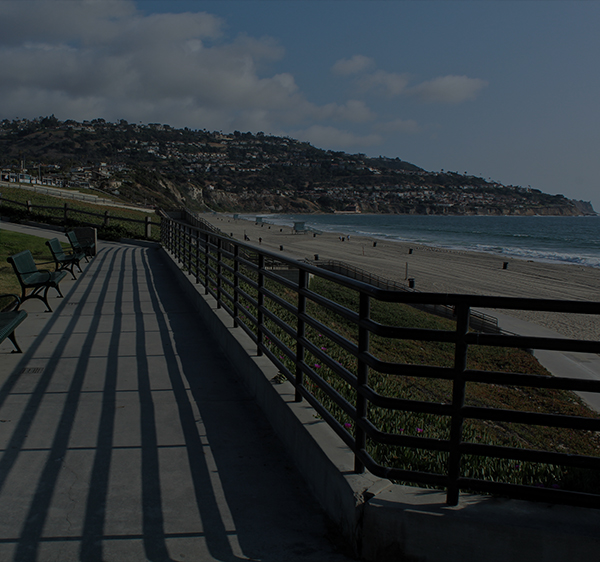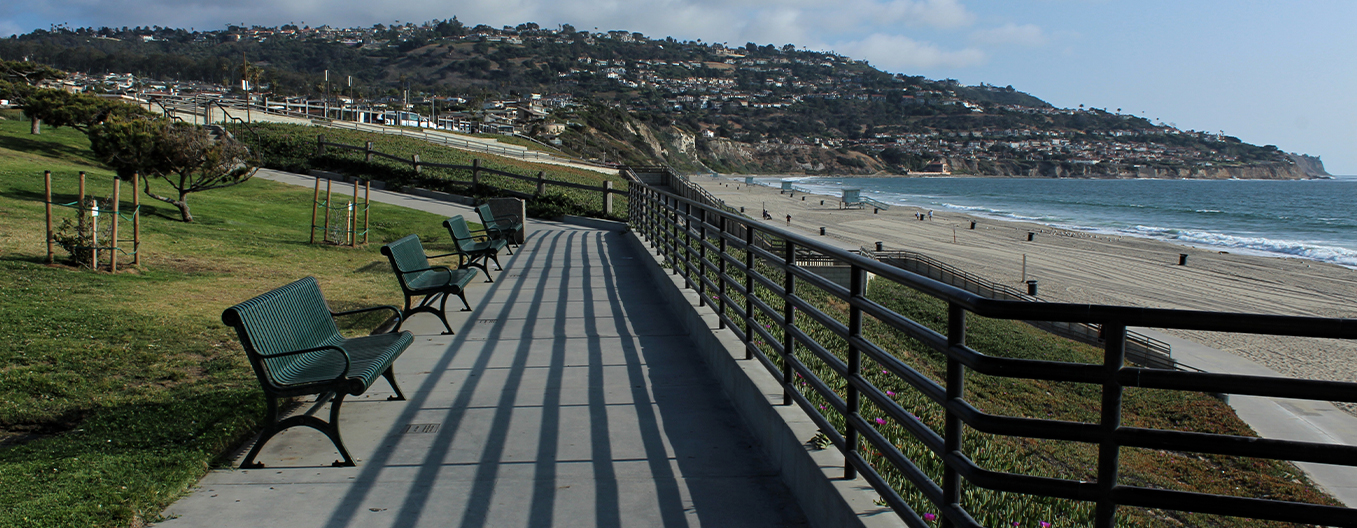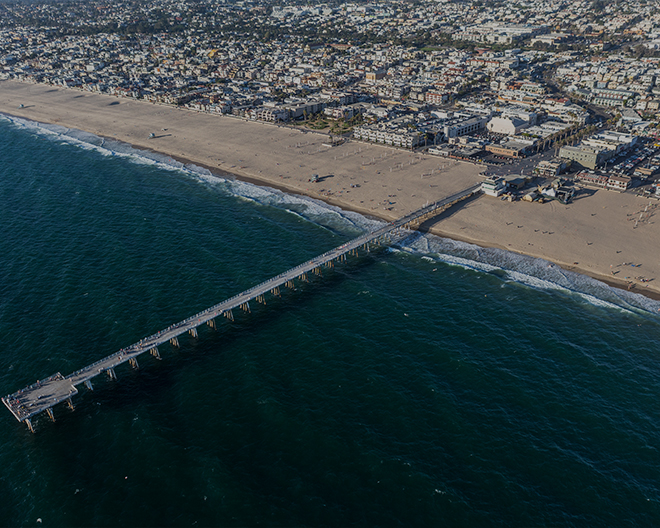Delayed Concussion Symptoms

You depend on injury symptoms after any type of accident to tell you how hurt you are and what you should do next. If symptoms like pain or bleeding are severe, you know you need prompt treatment. Conversely, if you do not notice any of these symptoms following your accident, you might conclude that your injuries are not serious and do not need immediate attention.
Concussion symptoms are different, though. Not only can they come and go, but they can also be delayed and not begin to manifest for several hours or even days after you hit your head. By the time these delayed concussion symptoms start to show, damage to your brain can already have begun to occur.
Here is what you need to know about delayed concussion symptoms and what actions you can take for this injury in California.
The Effects and Prevalence of Concussions
A concussion is a type of traumatic brain injury (TBI) resulting from a blow to the head. Car accidents, sports injuries, and falls are all common causes of concussions in the United States. Approximately 200,000 people are hospitalized every year due to concussions and other traumatic brain injuries.
Most concussions are minor and do not leave any lasting complications. Any symptoms you develop will typically fully resolve within a matter of days or weeks. But a more serious concussion may cause symptoms that linger for months, and a severe TBI can come with impairments like memory difficulties that last for the remainder of your life.
Common Concussion Symptoms That Can Be Delayed
If you hit your head in any sort of accident, it’s important to be on the lookout for signs of a delayed concussion. Keep in mind that not only can concussion symptoms be delayed, but ignoring them also risks increasing the severity of harm and the duration of your symptoms.
Some common delayed concussion symptoms you want to watch out for include:
Headaches
Headaches are one of the most common symptoms of a concussion. You should be especially concerned about a headache that becomes worse over time, does not respond to over-the-counter medications or home remedies, or goes away initially, only to return in the days following your injury.
Nausea and Vomiting
Another common sign of a concussion is nausea and delayed vomiting. After concussions, you may feel sick to your stomach and dizzy, both of which can contribute to these symptoms. Do not ignore any nausea and vomiting, regardless of whether these signs appear by themselves or in conjunction with other symptoms.
Like headaches, nausea and vomiting may appear immediately after a concussion and disappear, only to return a few hours or days later. Just because hours or days have passed between your injury and the appearance of nausea and vomiting does not necessarily mean that these symptoms are not connected.
Delayed vomiting after concussions should always warrant a visit with your medical provider.
Memory Loss
You may notice that you do not remember what immediately preceded your blow to the head or the head injury itself. This is not unusual. While it should prompt you to seek medical care, losing your memory of the accident itself does not necessarily mean your brain has sustained severe harm.
However, if you begin to lose your memory of older events, this could be a sign of more significant damage to your brain. Similarly, if you have trouble remembering things in the future, such as forgetting an appointment, you may have sustained more extensive brain damage.
Changes in Mood and Behaviors
Finally, you or your loved ones may notice changes in your disposition and attitude following a blow to the head. For instance, your family members may indicate that you are more hostile, withdrawn, or agitated following your accident. The onset of these changes will typically be sudden rather than gradual, but they should always be a cause for concern.
Steps To Take After Suffering a Concussion in California
You may not be able to determine when your concussion symptoms will appear, but there are actions you can take following a blow to the head that can mitigate the risk of severe brain damage. These steps are as follows:
Consider Getting Evaluated Immediately
Early detection of brain damage from a concussion can help prevent long-term consequences and impairment. For this reason, you should consider visiting the emergency room or your doctor’s office after any blow to the head, especially if it leads to one or more symptoms like memory loss, unconsciousness, or seizures.
Remain Alert For Delayed Symptoms
It’s best not to assume that symptoms will only appear immediately after a concussion. Anticipate that symptoms could take hours or days to appear. If you do notice delayed vomiting after a concussion or other delayed symptoms, you will want to take prompt action.
Make sure to document when the symptoms appear and seek medical care as soon as possible.
Follow All of Your Doctor’s Orders
Managing your concussion symptoms can be more of a marathon rather than a sprint. Your symptoms may not all resolve quickly or with the first course of treatment. Follow your doctor’s orders, and communicate with your medical team during your recovery.
If a course of treatment is not working, don’t hesitate to let your healthcare provider know. This alerts your medical team to reevaluate both the severity of your injuries and the most appropriate course of treatment for you.
Protecting Your Rights After a Concussion
So, can concussion symptoms be delayed? The answer is yes, and if you are facing a personal injury case involving a head injury, keeping this fact in mind is crucial. Signing releases, accepting low settlements, or telling the party responsible for your head injury that you feel fine are all mistakes in concussion cases that can limit your ability to recover damages.
Instead, carefully monitor yourself for new or returning symptoms like headaches, nausea and vomiting, memory loss, and behavioral changes after a truck crash or other accident. A personal injury attorney can be a valuable resource in determining the best course of action after an accident injury, from achieving a fair settlement to fighting for you at trial.
Contact the Personal Injury Lawyers at The Simon Law Group Today
For more information, please contact an experienced Torrance personal injury lawyer at The Simon Law Group to schedule a free initial consultation today. We have three convenient locations in California, including Torrance, Hermosa Beach, and Santa Ana, CA. We also have offices in Phoenix, AZ, and Austin, TX.
We proudly serve Los Angeles County and Orange County, CA, and its surrounding areas:
The Simon Law Group – Torrance, CA Office
2916 W 164th St Second Floor, Torrance, CA 90504
(424) 622-0812
The Simon Law Group – Hermosa Beach, CA Office
34 Hermosa Ave, Hermosa Beach, CA 90254
(424) 722-3209
The Simon Law Group – Santa Ana, CA Office
1327 N Broadway, Santa Ana, CA 92706
(714) 581-8546



